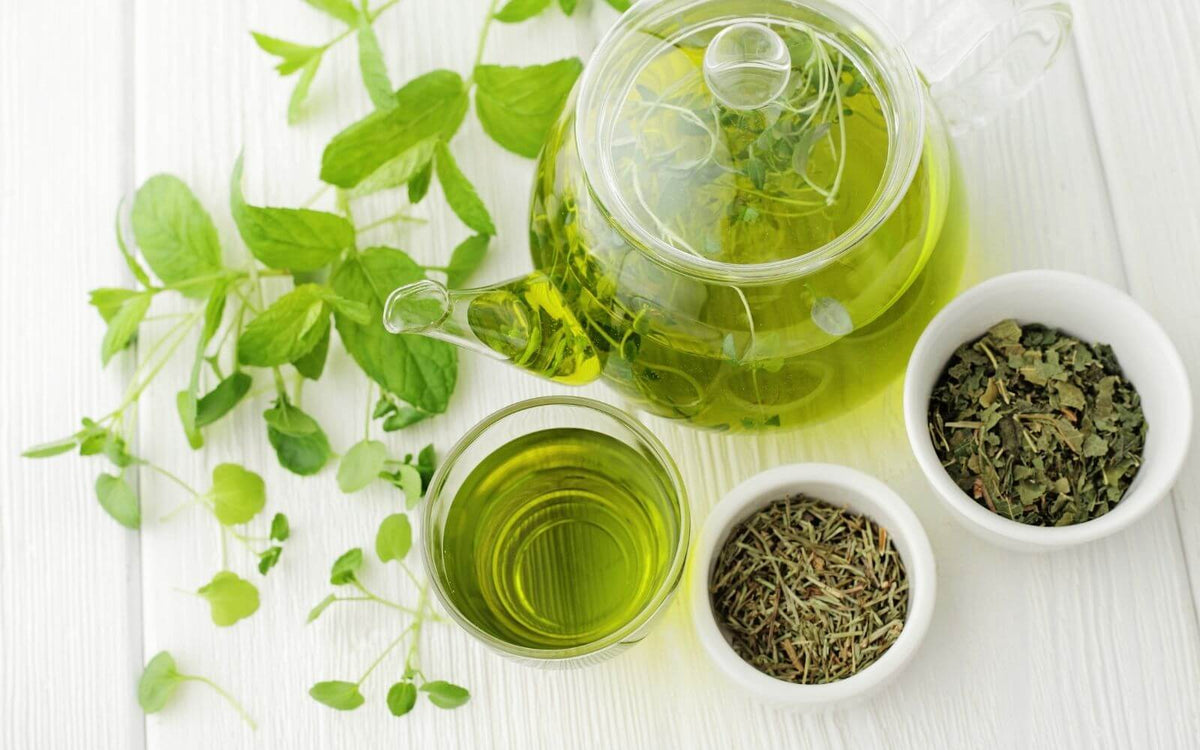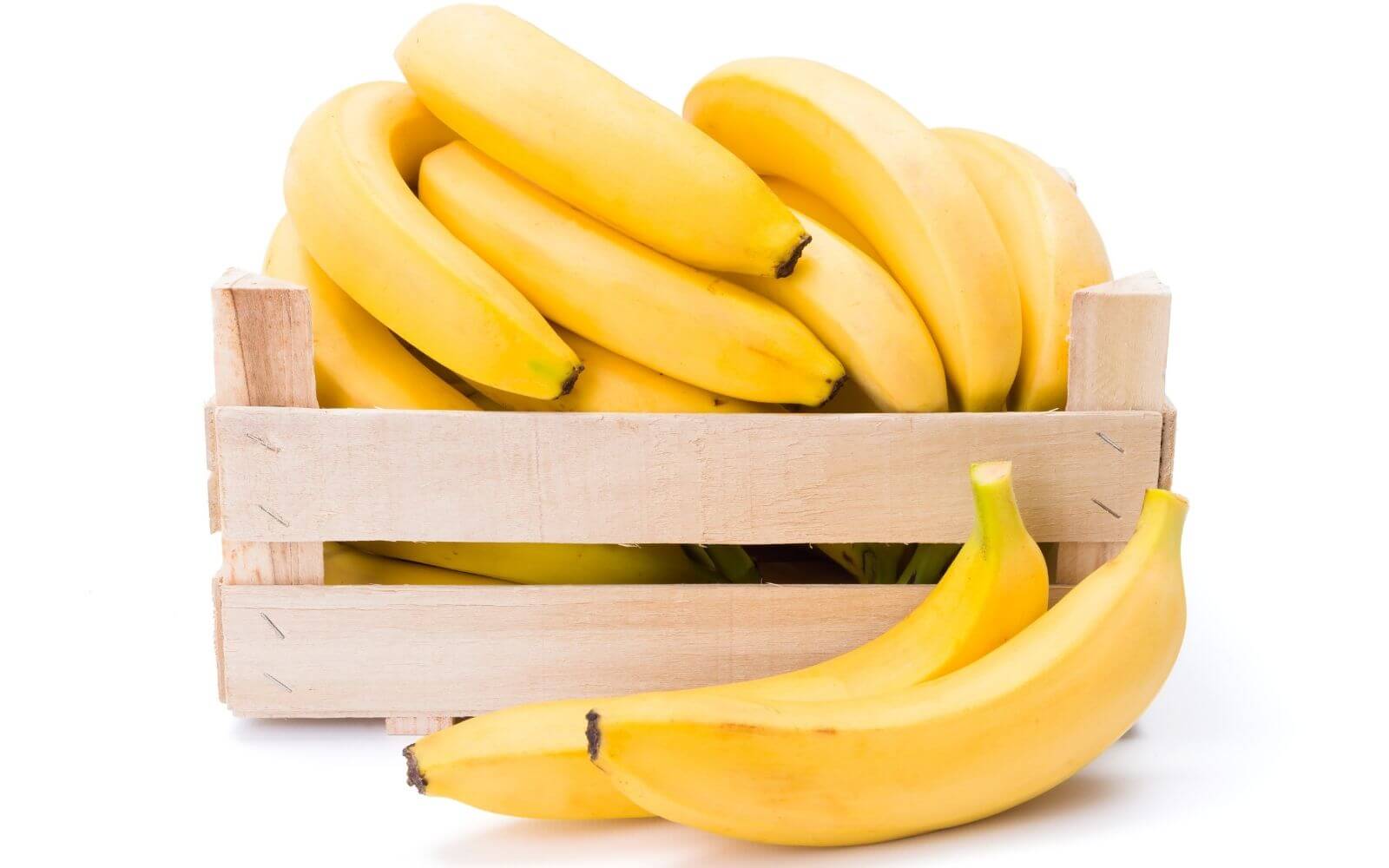The Benefits of Avocados

The Benefits of Avocados
Avocados are nutritious, delicious, and can be used in a number of different recipes. While many individuals refer to avocados as fruits or vegetables, they are actually considered berries and are apart of the Lauraceae plant family. Avocados are native to Central America and Mexico, however, they are cultivated throughout many areas of the world including the United States. In this article we discuss the many health benefits of avocados, calories in an avocado, nutrients in an avocado and more.
Calories in an Avocado
One medium-sized avocado (150 g) contains the following:
- Calories: 240
- Fat: 22 g
- Carbs: 13 g
- Protein: 3 g
Fiber In Avocados
Avocados are incredibly high in fiber packing 10 grams in just one medium-sized avocado. Other fruits that are high in fiber include raspberries, blackberries, blueberries, mangoes, apples, and bananas.
Nutrients in an Avocado
One medium-sized avocado (150 g) contains lots of essential nutrients including vitamins that many people don't get enough of.
- Vitamin K: 39% of the recommended dietary intake (RDI)
- Vitamin C: 25% of the RDI
- Vitamin B6: 19% of the RDI
- Vitamin E: 16% of the RDI
- Folate: 30% of the RDI
- Potassium: 21% of the RDI
- Pantothenic acid (B5): 48% of the RDI
- Copper: 36% of the RDI
What Are Healthy Fats?
It’s true that avocados are high in fat but the good news is that the majority of the fat in an avocado is healthy, unsaturated fat. The unsaturated fatty acids found in avocados (including omega-3’s) are important for the development and function of the nervous system, the immune system, and the reproductive system. They also have been shown to support skin health and help your body absorb various vitamins and minerals.
In addition, unsaturated fats also play a role in keeping your heart healthy. Research indicates that consuming unsaturated fatty acids can decrease your risk for cardiovascular disease. They also work in conjunction with beta sitosterol— plant sterol also found in avocados that can help your body maintain healthy cholesterol levels.
The Health Benefits of an Avocado
From improving digestion to boosting cognitive function and alertness there are many health benefits of an avocado.
Digestion and Detoxification
Avocados are high in dietary fiber which helps to maintain digestive tract health and prevent constipation. Studies show that consuming the recommended amount of daily fiber can even reduce the risk of colon cancer. On top of this, fiber promotes gut health by helping to maintain a healthy amount of microbial diversity. This can help decrease digestive inflammation and discomfort.
Disease Prevention
Research indicates that the nutrients found in avocados can help prevent a number of common diseases. For example, consumption of monounsaturated fatty acids has been linked to a lower risk of cardiovascular disease. Furthermore, the right amount of fiber intake can reduce the risk of several disorders including diabetes, obesity, and some gastrointestinal diseases. Also, vitamin K has been shown to promote bone health by helping the body absorb and retain calcium more efficiently, leading to a reduced risk of osteoporosis.
There is even some research that suggests eating avocados can reduce the risk of cancer. Avocados contain a high amount of folate which has been linked to a decreased risk of developing certain cancers, including stomach and colon. Avocados also contain large amounts of carotenoids and phytochemicals, and studies have shown that both may help protect against cancer progression. Though, more evidence needs to be gathered before these claims can be made with certainty.
Vision
Avocados have been shown to promote vision and eye health. Lutein and zeaxanthin are two phytochemicals found in avocados that help protect the eyes from harmful UV light rays. The monounsaturated fatty acids in avocados also support the absorption of certain antioxidants, such as beta carotene, which has been shown to reduce degeneration in vision due to age.
Mental Health
Studies indicate that consuming more folate can reduce your risk of depression. Folate helps prevent the buildup of homocysteine, a substance that can prevent vital nutrients from reaching the brain. When there is a deficiency in folate, the excess homocysteine can cause chemical imbalances which can lead to depression, among other mental disorders.
A Breast Feeding-Friendly Food
When pregnant and breastfeeding the nutritional demands slightly increase. For example:
- Vitamin C requirements increase from 75 mg to 85 mg a day
- Folate needs jump from 400 mg to 600 mg a day
- Potassium requirements increase from 2,600 mg to 2,900 mg a day
Folate needs increase dramatically during pregnancy. Unfortunately, many pregnant women around the world fall short of the recommended dietary intake. This can increase the risk of pregnancy complications. Eating avocados each day is an easy well for individuals to reach the recommended dietary intake levels that are needed in greater amounts during pregnancy.
Is an Avocado a Fruit?
Even though it is not nearly as sweet as other fruits, the avocado is still considered a fruit and botanists define it as a large berry with a single seed.
How to Tell if an Avocado is Ripe
There are a few simple ways to tell if an avocado is ripe. If it is ripe it will yield to a firm gentle pressure. Ready-to-eat avocados may have a darker color with no visible indents or spots. Bottom line, an avocado is ripe if:
- There are no visible spots
- It isn't too soft (you don't want mushy avocados)
- Yields to a gentle pressure
How to Make Guacamole

The best guacamole begins with the freshest ingredients. Below are eight ingredients you will need to make a delicious home-made guacamole.
- Avocados
- Onion
- Tomatoes
- Cilantro
- Jalapeños
- Garlic
- Lime
- Salt
Start by slicing three ripe avocados in half, remove the pit and scoop them into a large mixing bowl. Then use a spoon or a fork to mash them until they have a smooth and creamy texture. Add the chopped onions, tomatoes, cilantro, garlic, lime juice, salt, and jalapeños and begin stirring everything together. That's it!
How To Keep Guacamole Green
Guacamole oxidizes—meaning combines with oxygen—and unfortunately, turns brown pretty quick. Both lime and lemon juice can help slow this process substantially. There is also another method you may consider trying, however.
- Place your leftover guacamole in a storage container where there is little-to-no empty space at the top
- Add roughly 1/4 cup of cold water on top
- Pat down the guacamole but do not mix the water in completely
- Store in the fridge and when you want to enjoy your guacamole drain the water and dig in
Recap: Are Avocados Good For You?
Avocados are a nutritious and versatile food that can be used in a number of different recipes. They are incredibly good for you. In fact, nutritionists often rank avocados as one of the top 10 healthiest foods on the planet, right up there alongside kale, spinach, and salmon.
Why Are Avocados Good For You?
Avocados are high in fiber (10 grams), healthy omega-3 fats, and are loaded with essential vitamins and minerals that many people don't get enough of. They also have been shown to help protect against a number of diseases and conditions such as:
- Vision
- Heart disease
- Mental health
- Digestion
- Detoxification
Leave a comment
Comments will be approved before showing up.
Also in Nutrition

The Benefits of Green Tea

10 Banana Benefits








